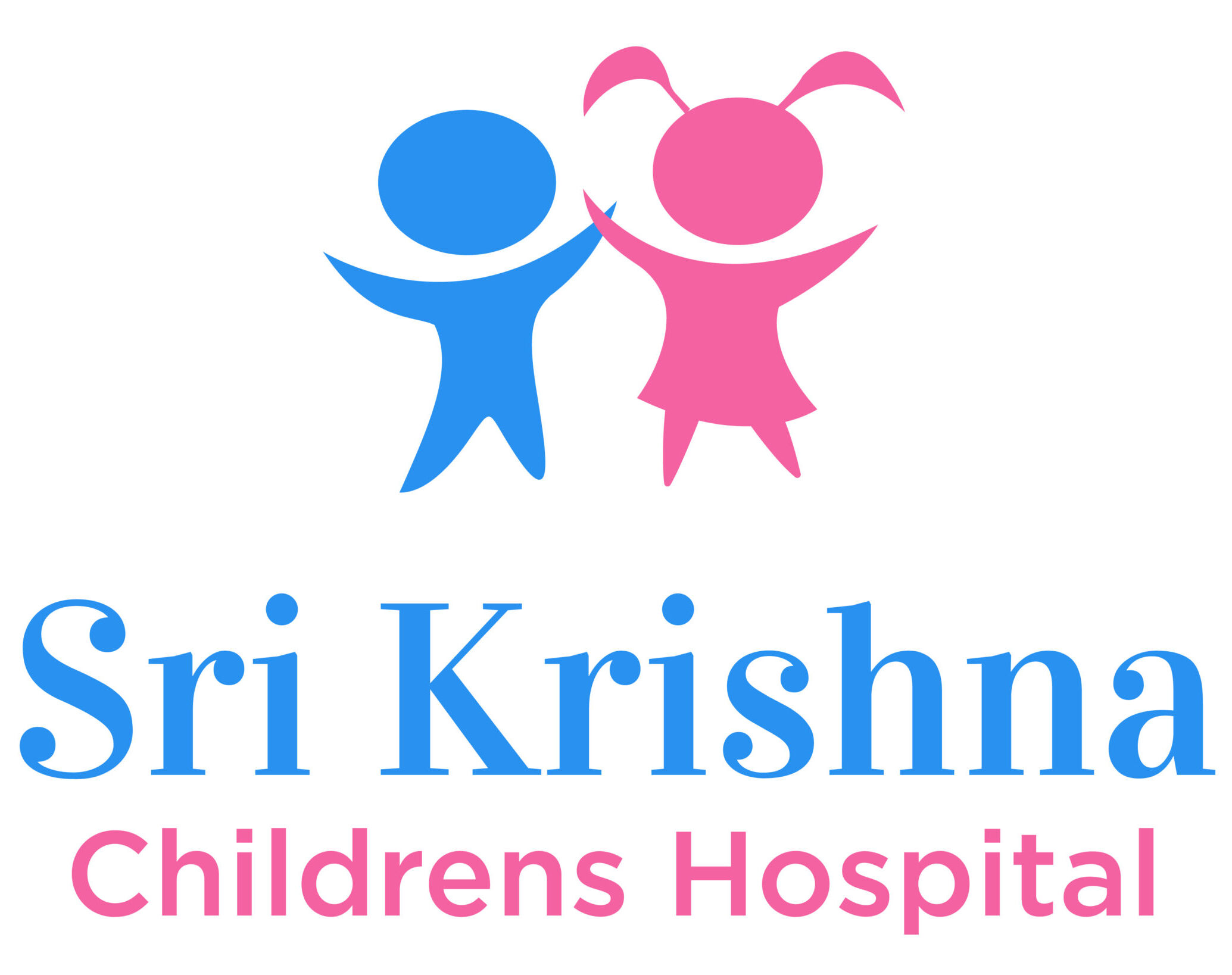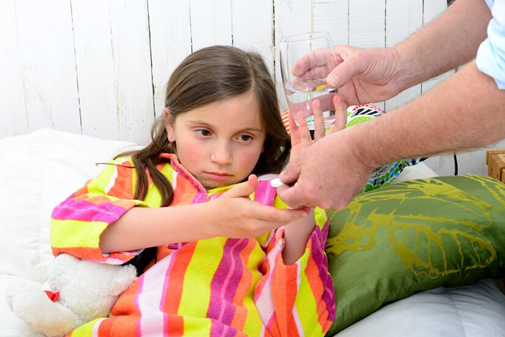What is Dengue Fever?
Dengue fever is a viral illness transmitted through the bite of an infected Aedes Aegypti mosquito. This mosquito bites during the day, unlike those that transmit malaria. Dengue is not contagious and cannot spread from person to person. The virus causes high fever, severe headache, joint and muscle pain, and skin rashes. Although it can be very painful, most cases are not life-threatening.
What are the Symptoms of Dengue Fever in Children?
Dengue fever, often called “breakbone fever,” is characterized by:
- High fever
- Severe headache
- Pain behind the eyes
- Muscle, joint, and bone pain
- A rash covering much of the body
- Easy bruising
Some children may develop more severe symptoms, known as dengue hemorrhagic fever, which can lead to life-threatening complications if not treated.
These symptoms include:
- Nausea and vomiting
- Severe abdominal pain
- Breathing difficulties
- Bleeding from the nose or gums
- Vomiting blood or blood in stools
If these symptoms appear, especially after the fever subsides, seek immediate medical attention.
How Does Dengue Fever Spread?
Dengue fever spreads through the bite of a mosquito carrying the virus, not from person to person. When a mosquito bites an infected person, it becomes a carrier of the virus and can transmit it to others. Children are particularly susceptible to mosquito bites, so preventive measures are important.
How Long Does Dengue Fever Last?
Symptoms of dengue fever typically begin 4–10 days (about 1 and a half weeks) after a mosquito bite and can last anywhere from a few days to two weeks. Some children may not show symptoms, while others might have mild to severe symptoms during the illness.
How is Dengue Fever Diagnosed?
If you suspect your child has dengue fever, contact your doctor immediately. Your doctor will take a detailed history, perform a physical examination, and order blood tests to confirm the presence of the dengue virus.
How is Dengue Fever Treated?
Dengue treatment focuses on supportive care. There’s no specific cure, so treatment aims to manage symptoms like fever and dehydration. Paracetamol is recommended for fever reduction, and fluids (oral or intravenous) are essential to prevent shock. Close monitoring for bleeding and blood transfusions may be necessary in severe cases. Low platelet count alone isn’t a major concern unless accompanied by bleeding.
Can Dengue Fever Be Treated at Home?
Yes, mild cases of dengue fever can be managed at home. Ensure your child is hydrated, well-rested, and fever is controlled. However, monitor for warning signs like persistent vomiting, abdominal pain, and bleeding, as these require urgent medical care.
Can Dengue Fever Be Prevented?
Preventing mosquito bites is crucial in reducing the risk of dengue. Follow these steps:
- Use insect repellent with DEET or picaridin.
- Dress your child in long sleeves, long pants, and socks.
- Use mosquito nets, especially during the day when Aedes Aegypti mosquitoes are active.
- Eliminate standing water where mosquitoes can breed, such as in buckets, tires, or flowerpots.
Can My Child Get Dengue Fever More Than Once?
Yes, it is possible for your child to be infected by another strain of the dengue virus after recovery. A second infection may be more severe, so preventive measures remain important even after a previous infection.
Dengue fever in children can be alarming, but with proper care and early detection, most cases are manageable. Understanding the symptoms, practicing prevention, and seeking timely medical attention can help protect your child from the complications of this mosquito-borne illness.


